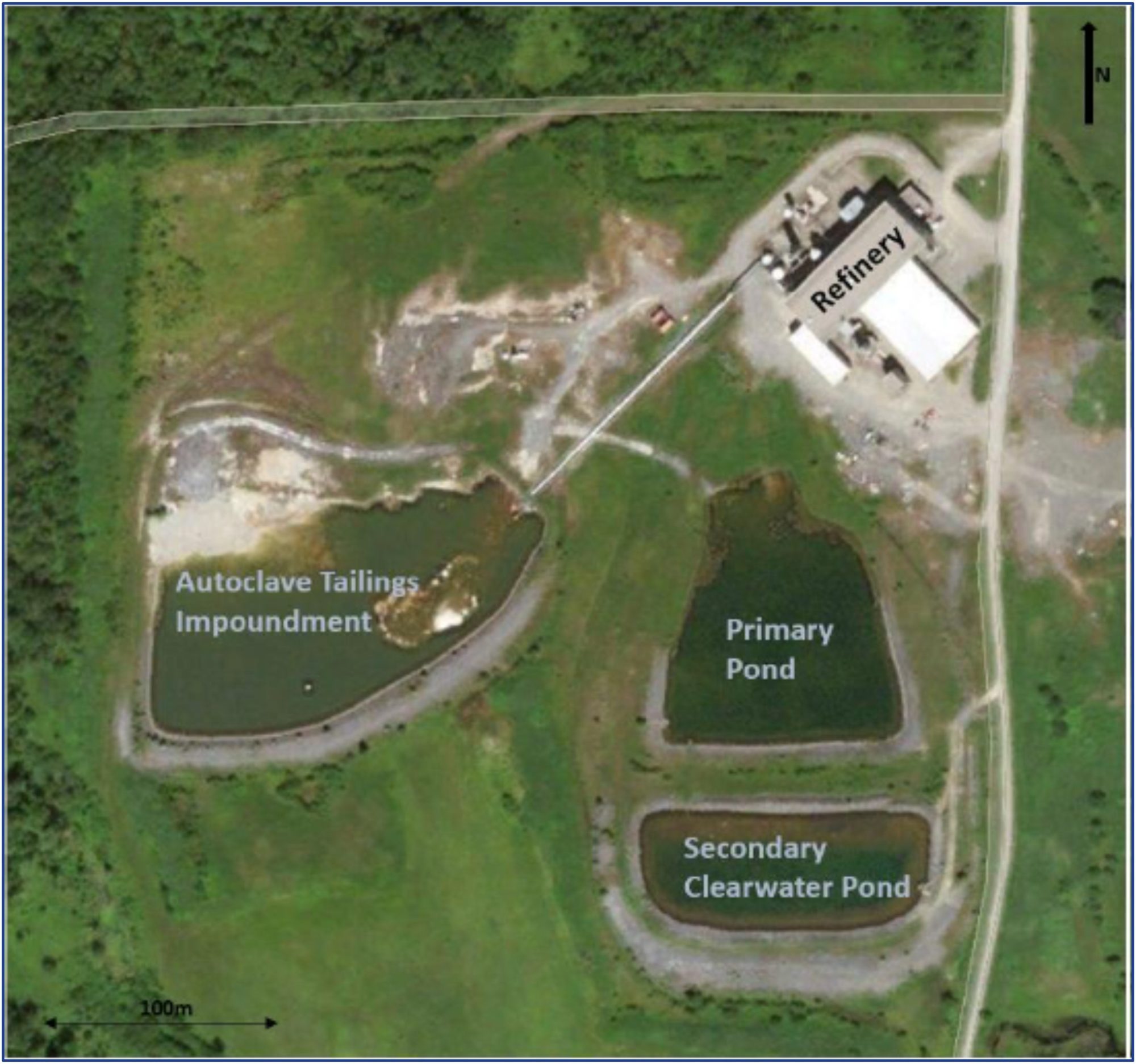The Future Of Cobalt: Assessing The Long-Term Effects Of Congo's Export Restrictions

Table of Contents
Congo's Cobalt Dominance and the Global Supply Chain
The DRC's dominance in the global cobalt market is undeniable. It accounts for a staggering percentage – upwards of 70% – of global cobalt production, making it the cornerstone of the global supply chain for this crucial element. This concentration of cobalt mining in one geographically and politically complex region presents significant risks. The reliance on a single major source creates vulnerabilities to disruptions, whether from political instability, infrastructural limitations, or unforeseen environmental events.
- Percentage of global cobalt production sourced from the DRC: Over 70%, a figure that underscores the region's critical role.
- Key industries reliant on cobalt from the DRC: Electric vehicle (EV) battery manufacturers, electronics producers, and aerospace companies are all heavily dependent on DRC cobalt.
- Geographical limitations and infrastructure challenges in the DRC: The DRC's vast size, challenging terrain, and underdeveloped infrastructure contribute to logistical hurdles and increased costs associated with cobalt extraction and transportation. This infrastructure deficit further complicates efforts towards sustainable and ethical mining practices.
The Impact of Export Restrictions on Cobalt Prices and Availability
The DRC's implementation of export restrictions has sent ripples through the global cobalt market, directly impacting prices and availability. These restrictions, often driven by a desire for greater domestic processing and value addition, can lead to significant price volatility and market instability. Supply disruptions caused by such measures create uncertainty for downstream industries that depend on consistent and reliable cobalt supplies. The consequences can be far-reaching, impacting everything from the production timelines of electric vehicles to the affordability of consumer electronics.
- Historical data on cobalt price fluctuations: Analyzing historical price data reveals a strong correlation between export restrictions and sharp price increases, highlighting the market's sensitivity to supply disruptions.
- Analysis of the correlation between export restrictions and price changes: Empirical evidence strongly suggests a direct relationship between reduced cobalt exports from the DRC and escalating global prices.
- Potential consequences for manufacturers facing cobalt shortages: Manufacturers face delays in production, increased costs, and potential disruptions to their supply chains, ultimately impacting their bottom line and competitiveness.
Driving the Search for Sustainable and Ethical Cobalt Sourcing
The ethical concerns surrounding cobalt mining in the DRC are deeply troubling. Reports of child labor, unsafe working conditions, and environmental degradation have fueled a growing demand for sustainable and ethically sourced cobalt. This necessitates a multifaceted approach involving international organizations, governments, corporations, and civil society. The focus is shifting towards responsible mining practices, transparency in supply chains, and the implementation of robust certification schemes.
- Examples of initiatives promoting responsible cobalt mining: The OECD Due Diligence Guidance for Responsible Supply Chains of Minerals from Conflict-Affected and High-Risk Areas is a key example, alongside various industry-led initiatives focused on traceability and ethical sourcing.
- Technological advancements aimed at reducing cobalt reliance in batteries: Research into alternative battery chemistries and the development of cobalt-free or low-cobalt batteries are gaining momentum as crucial strategies for mitigating the ethical and supply chain risks associated with cobalt.
- Exploration of alternative battery chemistries: The development of lithium-iron-phosphate (LFP) batteries, for example, presents a promising pathway to reduce dependence on cobalt.
Exploring Alternative Cobalt Sources and Recycling Initiatives
Diversifying cobalt sourcing and investing in recycling initiatives are critical steps toward securing the future of cobalt. While the DRC remains a dominant player, several other countries possess cobalt reserves, offering potential for increased production. Simultaneously, cobalt recycling, which currently recovers only a small percentage of used cobalt, is emerging as a crucial strategy for reducing reliance on primary mining. Technological advancements in recycling processes are enhancing their efficiency and economic viability.
- List of countries with potential for increased cobalt production: Australia, Canada, and Madagascar are among the countries with significant cobalt reserves that could play a more prominent role in future cobalt supply.
- Technological advancements in cobalt recycling processes: Hydrometallurgical processes and innovative separation techniques are improving the efficiency and cost-effectiveness of cobalt recovery from end-of-life batteries and other electronic waste.
- Economic analysis of cobalt recycling compared to primary mining: While the initial investment in recycling infrastructure is substantial, the long-term economic benefits, including reduced reliance on conflict minerals and environmental sustainability, are increasingly compelling.
Conclusion: Securing the Future of Cobalt
Congo's export restrictions highlight the precarious nature of the global cobalt supply chain and underscore the urgent need for a more sustainable and ethical approach. The future of cobalt hinges on responsible sourcing, diversification of supply, and significant investment in recycling technologies. Collaboration between governments, industry players, and civil society is paramount to ensuring a secure and ethical supply of this crucial mineral. Learn more about responsible cobalt sourcing and support initiatives that promote ethical and sustainable practices. Further research and discussion on the future of cobalt and its related challenges are essential to securing a stable and responsible future for this vital resource.

Featured Posts
-
 Reciprocal Tariffs Assessing Second Order Risks To Key Indian Sectors
May 15, 2025
Reciprocal Tariffs Assessing Second Order Risks To Key Indian Sectors
May 15, 2025 -
 Stream 3 Star Wars Andor Episodes For Free On You Tube
May 15, 2025
Stream 3 Star Wars Andor Episodes For Free On You Tube
May 15, 2025 -
 San Jose Earthquakes Defeat Impact Of Goalkeeper Daniels Injury
May 15, 2025
San Jose Earthquakes Defeat Impact Of Goalkeeper Daniels Injury
May 15, 2025 -
 Vont Weekend Recap April 4th 6th 2025 107 1 Kiss Fm
May 15, 2025
Vont Weekend Recap April 4th 6th 2025 107 1 Kiss Fm
May 15, 2025 -
 San Diego Padres Historic Mlb Achievement Unseen In Over A Century
May 15, 2025
San Diego Padres Historic Mlb Achievement Unseen In Over A Century
May 15, 2025
